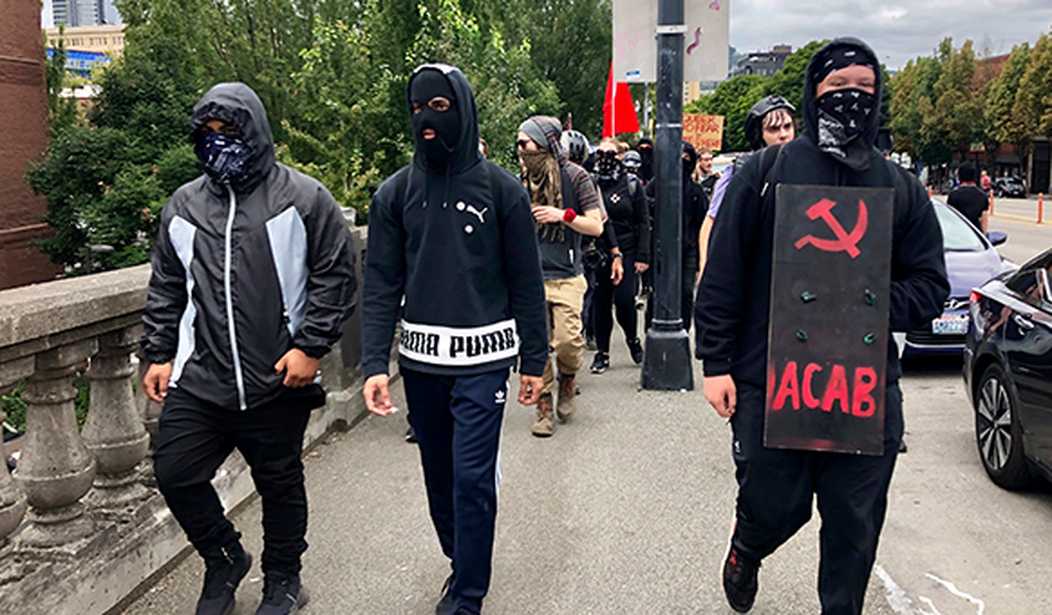The American Enterprise Institute’s Survey Center of American Life released the results of a May survey today which looked at the issue of friendship. The study looked at a range of topics, e.g. how friendships survived during the pandemic (not very well for a lot of people), who Americans rely on for personal support (for men it’s increasingly family, while for women it’s friends), how many close friends most people say they have (about half say three or less), etc.
One interesting set of findings from the study involved how friendship and politics interact. First of all, it turns out most Americans just don’t care enough about politics to talk about it very often:
Few Americans report that they regularly discuss politics or government with their friends. About only one in five (21 percent) Americans say they discuss political issues at least a few times a week. About one in four (24 percent) say they talk with friends about politics a few times a month. More than half (55 percent) the public report that they talk about politics with their friends less often. Notably, Democrats and Republicans[8] are not any more likely to discuss politics with their friends than the public overall is.
But among the minority who do talk about politics, one side of the aisle was more likely to have friends from across the aisle:
For most Americans, political affiliation is probably not a prerequisite for forming a friendship, but both Democrats and Republicans are far more likely to have friends who belong to their preferred party. About eight in 10 (82 percent) Democrats and Republicans (80 percent) say they have at least some friends who share the same political identity. Importantly, Republicans have more bipartisan friendships than Democrats do. A majority (53 percent) of Republicans say they have at least some friends who are Democrats. In contrast, less than one-third (32 percent) of Democrats say they have at least some Republican friends.
And when you look at the extremes, i.e. the people who care the most about politics on the left and right, it turns out progressives are twice as likely to cut off a friendship over politics than conservatives:
Although political disagreements are common, few Americans report having stopped talking to or being friends with someone because of their views about government or politics. Only 15 percent of the public have ended a friendship over politics.
Ending friendships over political disagreements occurs more among liberal and Democratic-leaning Americans. Democrats are twice as likely as Republicans are to report having ended a friendship over a political disagreement (20 percent vs. 10 percent). Political liberals are also far more likely than conservatives are to say they are no longer friends with someone due to political differences (28 percent vs. 10 percent, respectively). No group is more likely to end a friendship over politics than liberal women are; 33 percent say they stopped being friends with someone because of their politics.
Professor Samuel Abrams, who is a visiting AEI scholar has seen the crosstabs on the results and reports that the farther you go to the left or right the more likely people are inclined to cancel friendships, but even there progressives are twice as likely to take that step.
For extreme conservative identifiers, 22 percent say they have cancelled a friendship, a handful of points higher than the national average.
In contrast, a whopping 45 percent of extreme liberal identifiers have ended a friendship over politics—twice the figure of their conservative counterparts.
While those on both extremes make up just under ten percent of the overall sample, extremely liberal Americans and their actions have made cancel culture a household name.
Of course it makes sense that people on the far left who are constantly online looking for people who need to be cancelled would also be doing the same thing in their personal lives. Cancel culture isn’t just an activity it’s a total mindset.
It should go without saying that we’d all be better off without cancel culture. The people who embrace, particularly those on the left, need to be deprogrammed, though it’s hard to see how you’d do it because like some religious cults, they cut themselves off from alternative viewpoints.







Join the conversation as a VIP Member